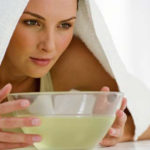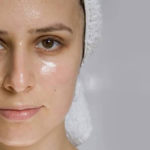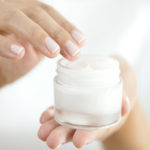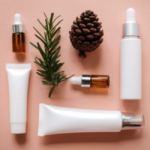Thoroughly cleansing the skin is crucial to remove dirt, dead skin cells, makeup, and other substances that can clog pores and contribute to skin dullness.
In addition, depending on the specific cleanser used, it can help address specific skin conditions such as acne.

Joshua Zeichner, Cosmetic and Clinical Research Director of Dermatology at Mount Sinai Hospital in New York, explains, “Properly cleansing the face can prevent breakouts, improve skin health, and even reduce skin inflammation.”
However, it is not just the method of washing the face that matters, but also the timing, frequency, and type of cleanser used. Here are some guidelines from experts to help you effectively and correctly cleanse your face.
The most effective way to cleanse your face
Simplify: Aim to wash your face for 20-30 seconds or until the product absorbs into the skin. Over-washing or washing for too long, especially with cleansers containing exfoliating ingredients, can lead to redness and irritation.
According to Jerome Garden, Director of the Dermatology and Laser Institute at Chicago, to properly cleanse your face, wet it with warm, not hot, water and use your fingertips to apply the cleanser in circular motions.
“Make sure to thoroughly cleanse the T-zone and U-zone (around the jawline), as these areas are often overlooked. Then, rinse thoroughly and pat dry with a clean, soft towel.
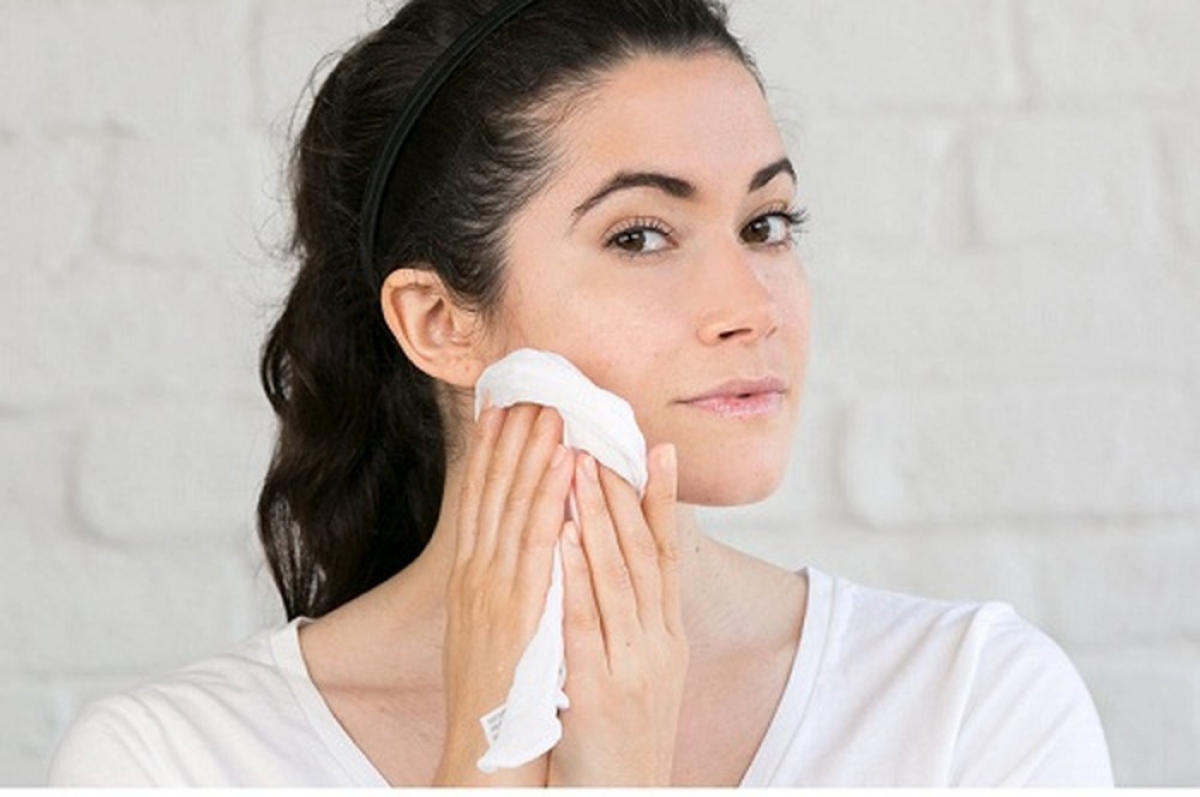
Using hot water when bathing or washing the face might feel comforting, but it can actually be harmful to the delicate facial skin. Dr. Zeichner explains, “High temperatures can dilate blood vessels, break fragile tissues, and remove the necessary oil barrier on the skin, leading to dryness and potential skin issues.”
This is especially important for those with dry or sensitive skin, as they are more prone to dryness and adverse reactions to intense stimuli. Therefore, it is recommended to use lukewarm water for face cleansing.
When should you wash your face?
Washing the face twice a day, in the morning and evening, is generally recommended. At the very least, it is essential to cleanse the face before going to bed.
Dr. Zeichner says that cleansing at night is crucial, regardless of whether makeup is worn or not, as it helps remove oils, sweat, dirt, and environmental impurities accumulated on the skin throughout the day. Neglecting this step can lead to skin irritation, infection, and breakouts.
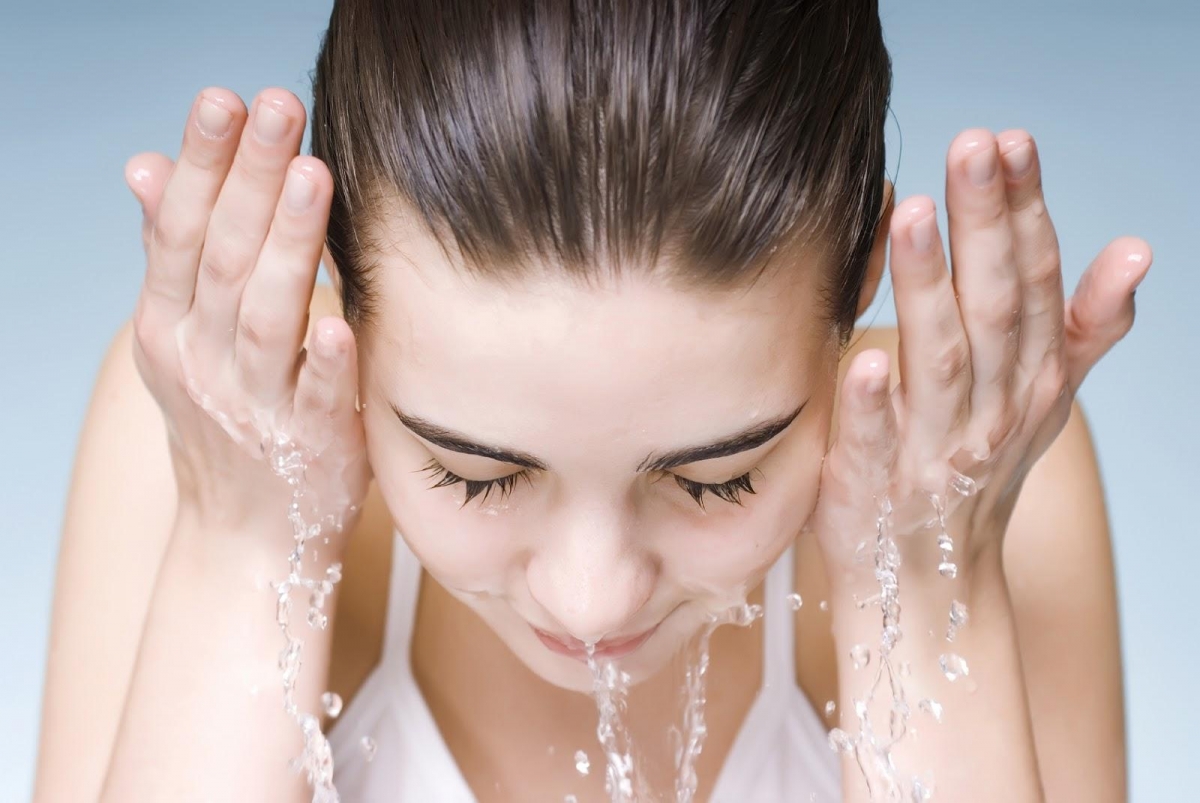
For most people, another round of facial cleansing in the morning is recommended. Dr. Rachel Nazarian, a dermatologist at Schweiger Dermatology Group, explains, “While you sleep, bacteria from drooling and oils from your hair can transfer onto your face and eyes.”
Therefore, even if the face was cleansed the night before and the pillowcase is regularly changed, a morning rinse is still beneficial. Additionally, if you use treatment methods, serums, moisturizers, or night creams before bed, it is important to cleanse them off in the morning before applying daytime products.
Note that a different face wash might be suitable for use in the morning compared to the one used at night.
Should you simply wash your face with water?
For individuals with truly sensitive skin, it may be best to replace the morning face wash with water. However, it is crucial to thoroughly cleanse the face in the evening.
This is because those with extremely dry or sensitive skin may find twice-a-day face washing with a cleanser irritating or excessively drying. Nevertheless, even if water is used in the morning, dermatologists recommend using a gentle cleanser in the evening to remove oil, residue, and accumulated impurities.
Use a cleanser suitable for your skin type
A cleanser is essentially a facial soap formulated specifically for the face. When selecting a cleanser, consider factors such as skin type (oily, dry, normal, or combination), sensitivity, acne-prone nature, and specific skin conditions (rosacea, eczema, psoriasis, etc.).
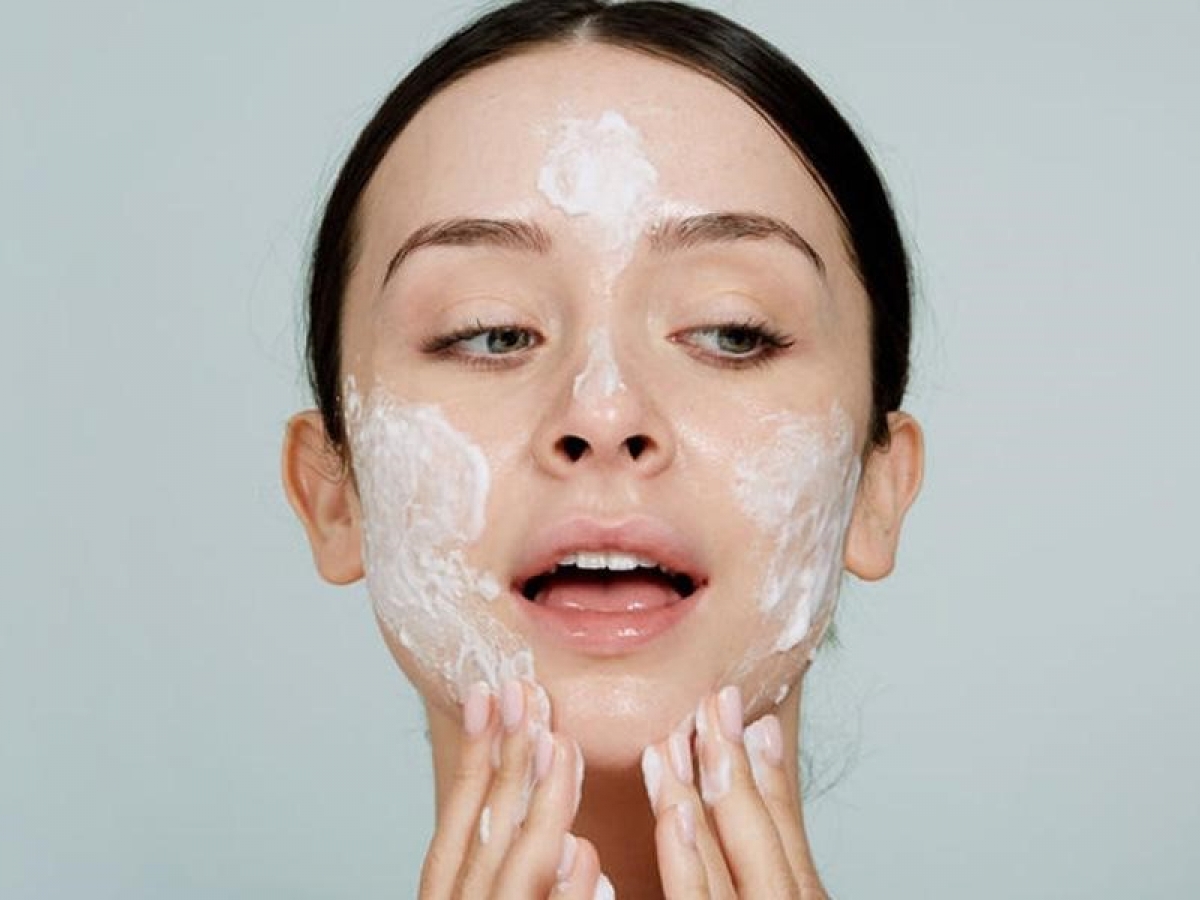
Individuals with dry or sensitive skin should opt for a gentle or creamy cleanser. Gel or foam cleansers work well for oily skin types, while water-based cleansers are suitable for normal skin. Makeup removers or cleansing oils can be tried, as they provide better moisturization and can effectively remove heavy makeup and sunscreen.
If unsure about the appropriate cleanser or identifying skin type, it is advisable to consult a dermatologist for personalized recommendations.
Keep your face towel clean
While it may seem challenging to discard a towel after just a few uses, experts suggest that reusing the same towel multiple times can spread bacteria onto the face, potentially contributing to acne formation.
Apply moisturizer after washing your face
The timing of skincare steps, especially moisturizing, can significantly impact effectiveness. Most moisturizers contain moisturizing and occlusive ingredients, helping draw and lock moisture into the skin.
Applying moisturizer while the skin is slightly damp, not completely wet, after cleansing can enhance moisture retention. It is advisable to use a moisturizer recommended by a dermatologist for acne-prone skin.
Dr. Ellen Marmur, a dermatologist in New York City, advises, “If you wait a few minutes, surface cells will lose water and become more challenging to hydrate. While it may be challenging to find time between cleansing and moisturizing, doing so will provide increased hydration for the skin.”
Additionally, daily application of sunscreen with broad-spectrum protection and at least SPF 30 is essential. If the daytime moisturizer does not contain SPF, sunscreen should be applied on top.
Dr. Garden emphasizes, “The SPF rating will help protect all the effort you put into skincare.”
Source: VOV
























